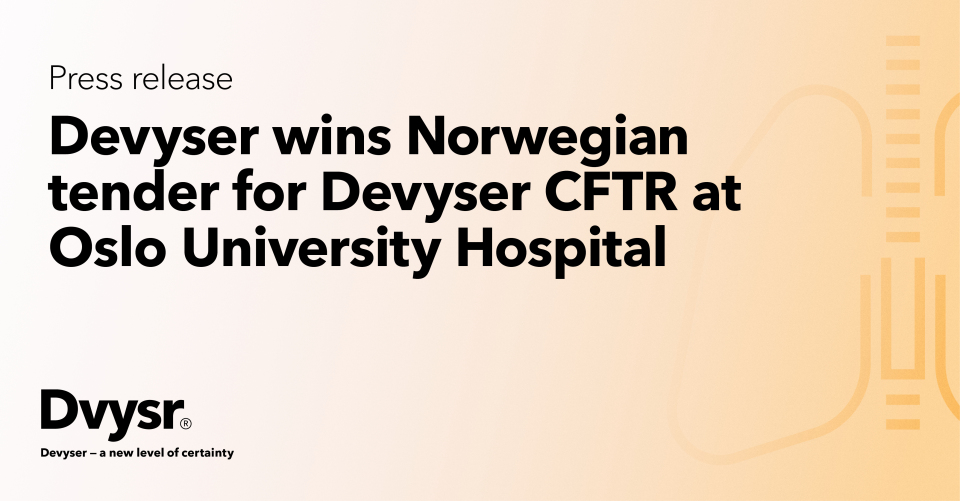Devyser acquires Swedish company Cybergene AB and strengthens its position in the aneuploidy market
Devyser Diagnostics AB (publ), a Swedish molecular diagnostics company, today announces that it has...
In this case study, Dr. Papasavva describes her laboratory’s journey from traditional thalassemia testing to state-of-the-art NGS technology and what a difference this has made in their daily work.
Special report
Enabling the Early Detection and targeted intervention of patients at risk of hereditary cancer syndromes
This report details how integrating genetic testing into
cancer risk assessment and management has
ushered in a new era of precision medicine.
Cancer risk assessment has undergone a transformative evolution with the advent of advanced genetic testing, shedding light on hereditary syndromes such as Lynch syndrome and hereditary breast and ovarian cancer (HBOC).
Among the key genetic anomalies linked to these conditions are mutations in mismatch repair (MMR) genes, which are causal in Lynch syndrome, and BRCA1/2 and PALB2 in HBOC.
By understanding the specific genetic mutations that underlie conditions like Lynch syndrome and HBOC and utilizing advanced NGS assays, we can develop targeted strategies for prevention, early detection, and personalized treatment. This not only improves patient outcomes but also represents a significant leap forward in our fight against hereditary cancers.

Devyser Diagnostics AB (publ), a Swedish molecular diagnostics company, today announces that it has...
Read More

Devyser today announced that it entered a strategic agreement with Illumina, a global leader in DNA...
Read More

Devyser is proud to announce that the company has been awarded a tender by Oslo University Hospital...
Read More

Devyser, a leading provider of advanced genetic testing solutions, has been awarded a new tender in...
Read More